Creativity is not a trait: 5 Tips to become more Creative
Do you believe you’re a Creative person? Would you like to become more Creative?
15 years ago if you told me I’d become an incredibly creative person, I would have never believed you. I realised I had really embodied creativity, when after teaching a moving meditation session for CreativeMornings that I was asked by a participant:
What is something that has helped you remain confident in your creativity?
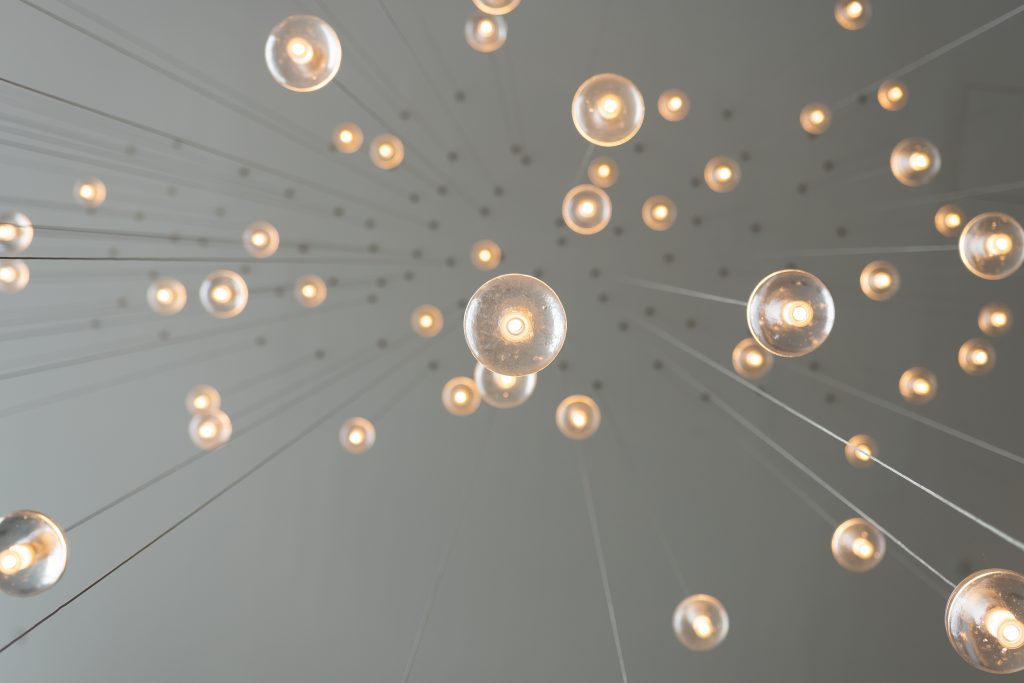
1. Stop telling yourself you’re not Creative. Start believing that Creativity is a Skill and Process 💡
Some people believe that Creativity is a trait, like agreeableness, conscientiousness, extraversion so on.
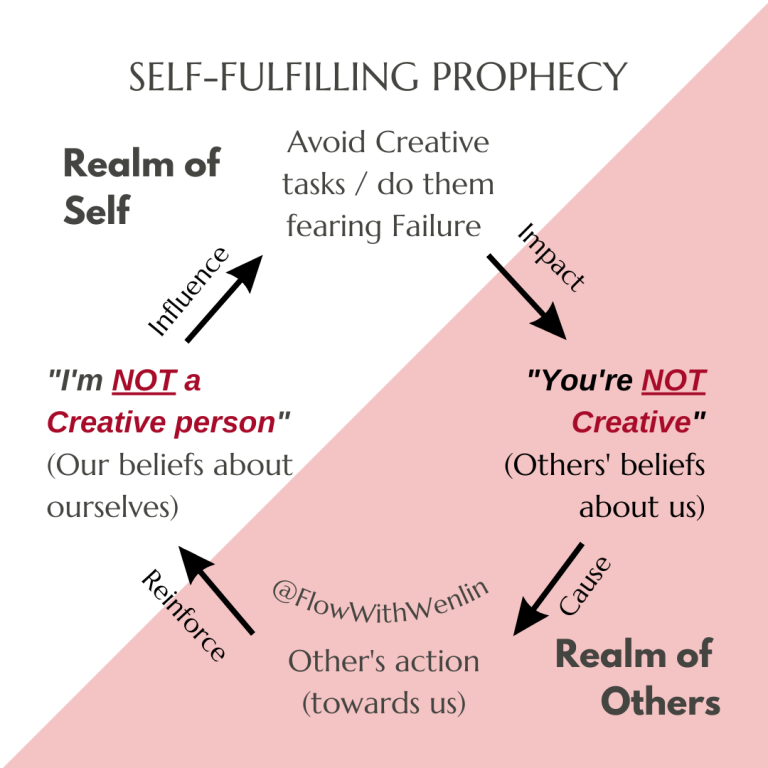
Another possibility is that you believe that you’re NOT Creative, and you list examples of scenarios or situations in the past that demonstrated your lack of creativity. As a result you feel convinced by yourself that you are indeed Creative. This cognitive bias, when people to tend to search for, interpret, favor, and recall information in a way that confirms or supports one’s prior beliefs or values. is called Confirmation Bias.
The most important first step to become more Creative, and in becoming confident in your creativity, is reminding yourself that Creativity is a process and skill, something you can learn and get better at.
2. Become more Creative by Practicing Intentionally💡
The ability to make or otherwise bring into existence something new, whether a new solution to a problem, a new method or device, or a new artistic object or form.
Because Creativity is something value and I think I can get better at, it’s something that I intentionally seek to embody through my words, thoughts, behaviors. 4-5 years ago I picked it as one of my top 3 values to embody through my daily actions and in my career. Meaning, I was committing to a life of being Creative (as opposed to say, Stability, or Efficiency). In a given situation when, for example, there was a tried and tested method which I knew was fail-proof, instead of taking that route, I often asked myself these questions:
- ❓ How can I innovate?
- ❓What is a better way of doing this that hasn’t been discovered yet?
- ❓ How can I solve this annoying problem I’m facing (that others are probably too)?
You don’t have to do it like how I did. You can intentionally practice to become more creative in your own way. Maybe you set aside ‘Creative time’ each week to read a book by a Creativity thought leader you admire. Or you do another activity that makes you feel creative, like drawing, or playing a musical instrument.
The most important thing is that you set the intention, and you dedicate time to practice.
Creativity is a skill, and like all other skills we can all get better at it, it just takes mindful practice and time.
3. Surround yourself with people / things that help you become more Creative
You know they say you are the sum of the 5 people you spend the most time with? Well actually it’s more complex, You’re the average of all the people who surround you. Are you in the right surroundings?
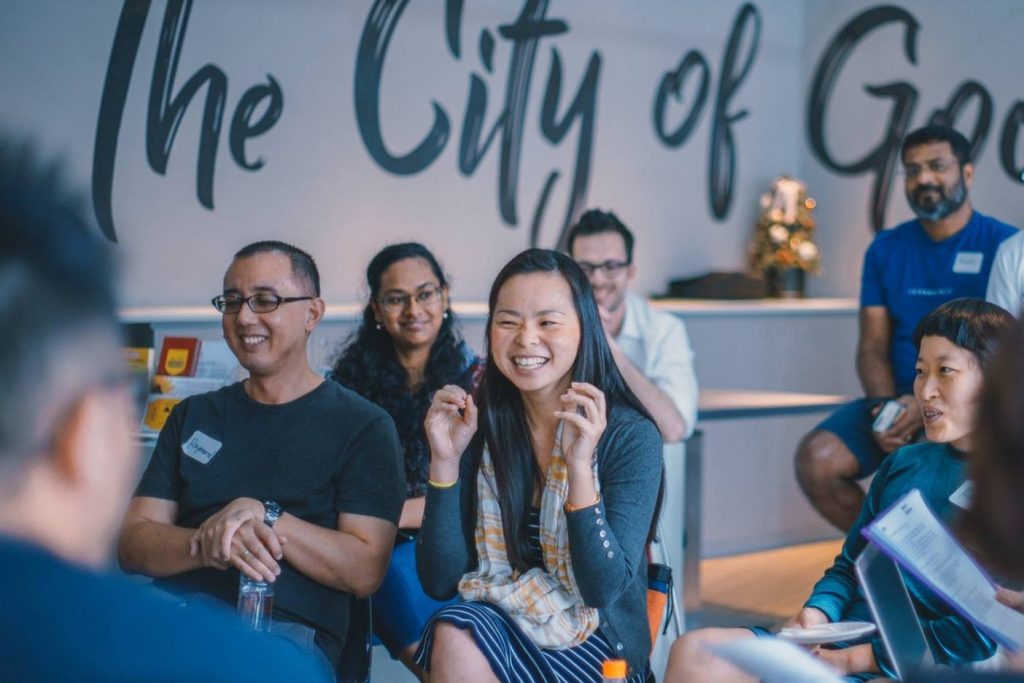
- 💡 Are you spending time with people who are Creative, value Creativity or encourage / inspire Creativity?
- 💡 Are you spending time in environments that allow you to become more Creative?
- 💡 Are you dedicating time for tasks, time with yourself to connect Creatively?
If the answer is no, then how might you change your environment, social circle and your current life so it makes it easier for you to become more Creative.
In my journey of embodying and practicing Creativity, I sought out artists, makers, creators, innovators online and in-person who inspired and challenged me. I looked for cafes and inspiring places in nature that allowed ideas to flow.
4. Allow yourself Creative Freedom, Explore, make connections & Trust
Creativity is coming up with something new. But this new thing could actually simply be an idea that comes from another field. My year’s work for 2023, the Creative Cycle, comes from applying the principles of Chinese medicine philosophy, the Five Elements to Psychology, Creativity, Mindfulness and Women’s Well-being.
I didn’t invent anything new. I just discovered connections between seemingly separate fields. I build on the work of others – My teachers and their work from the fields of Yoga, Qigong, Mindfulness, Women’s Well-being, and so on, whom I acknowledge here.
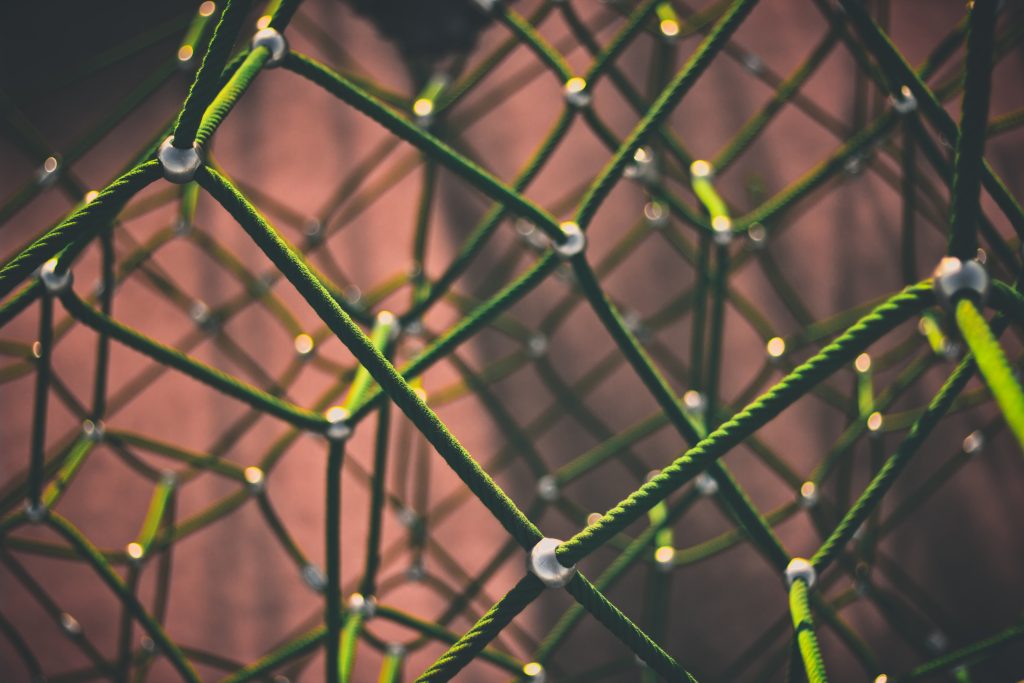
But this couldn’t have happened if I hadn’t first expose myself to all these different fields.
And maybe you’re thinking, ‘it’s hard to move between different fields, what will people think?’
Trust me, I’ve been there. You can read all about my story here. Growing up my father used to say that I was fickle, and that I never persevered in anything. I wanted to try everything – drawing, singing (I was in the school choir for 6 years), martial arts (I was the president of the Kendo club in university), dance (I practiced it in elementary school, then returned to it in university).
I thought that was my weakness. But later I realized that was actually my strength. I was exposing myself to as many diverse environments, practices, tools and communities as possible so I could draw connections between them.
And now this is actually what I do. When I coach my clients I bring with me all the tools I have either formally or studied on my own and or taught – psychology, market research, design principles, Yoga, Mindfulness, Qigong, Chinese Medicine philosphy, Somatics, Acupressure, so on. It impresses them, and they think I’m creative.
If you want to be truly Creative, you have to let go of what other people think. Especially in the initial phases of your growth and evolution, it will be hard, because people don’t know how to categorize or label you. And maybe you don’t know how to categorize or label yourself.
But that’s not important. What’s important is that you trust yourself, you trust your inherent ability to grow, expand and become who you are meant to be. That is part of the process to become more Creative.
If that’s still not convincing, read about how Nobel prizes often go to researchers who defy specialization.
That could be you. If you allow it.
5. Stop comparing with others: If you must compare, compare against yourself
This last one is really crucial if you identify as a Creative, or if you work in the creative industry but you struggle with fluctuating self-confidence and don’t feel confident of your creativity. My guess is, the reason why you’re not feeling confident in your creativity is because you’re comparing against others. Let me give you an example:
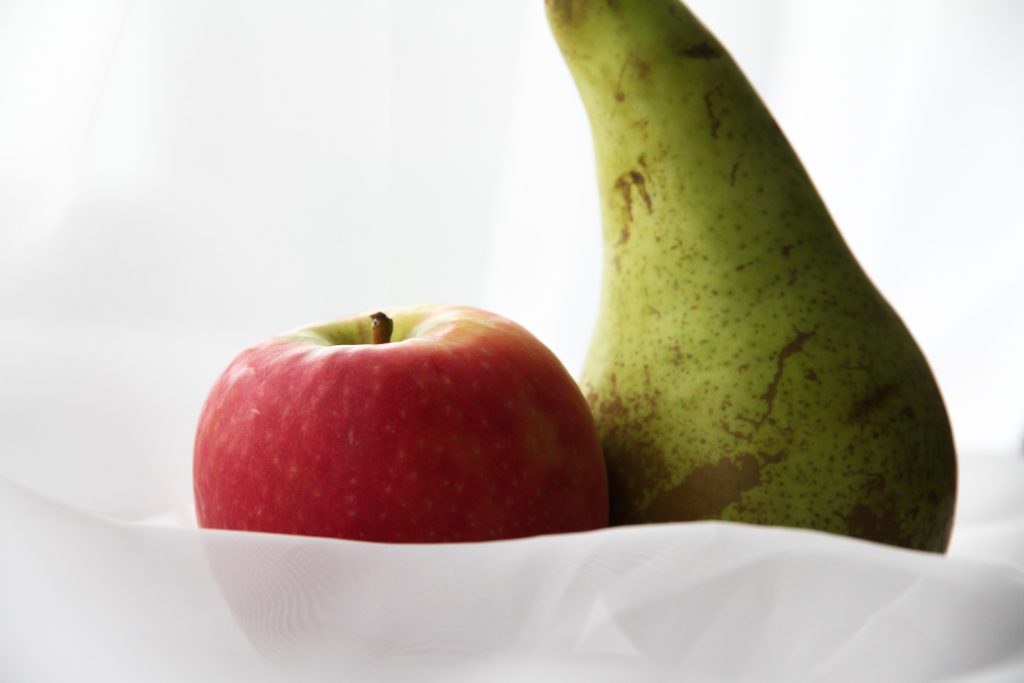
- Let’s say I start with a Creativity level of 3 out of 10 in elementary school.
- And maybe my classmates instead range from 1 to 7 out of 10.
- So it means I start off, without any practice, being more creative than some, and less creative than others.
- But now, 15 years into practicing being creative, I am actually a 6 out of 10.
- And now I’m surrounded by people whose Creativity levels range from 3 to 9.5
Here I have a choice.
➡️ I can choose to compare against others, (which many of us habitually do). I could compare myself against someone who is 9.5, and feel unworthy and behind because my 6 falls short.
OR
➡️ I could choose to compare against the old me, which was 3, and realise I am now twice as Creative as I was from before, and take action from a place of self-confidence and own my true worth.
Which choice do you want to make?
I used to be that 🍐 Pear that would compare myself to the apples 🍎, oranges 🍊 and bananas 🍌 around me, and feel sad, regretful and unworthy that I couldn’t be like them.
Since I opened up to the possibility that being a Pear could be great (which they are, btw), I started to embark on my journey to being the juiciest (and happiest) 🍐 Pear in history. It’s so much more empowering to celebrate the growth of your Creativity by looking inwards, not outwards.
Because Creativity, like all skills, is something you can only ever get better at!
What about you?
Do you think you’re a creative person?
How would you like to learn to be more creative every day?
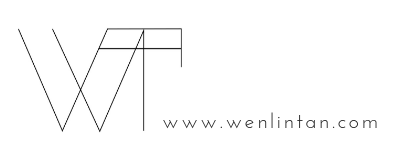
This Post Has 0 Comments